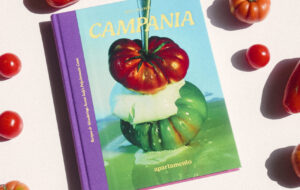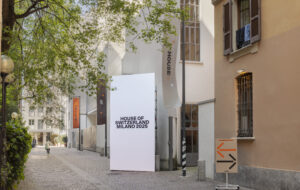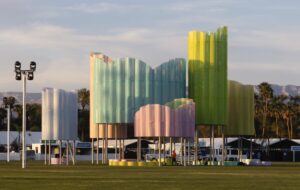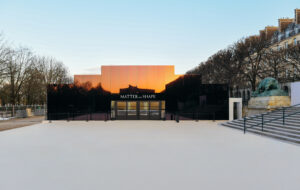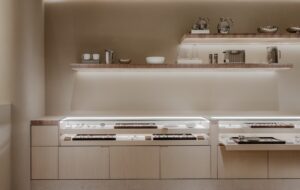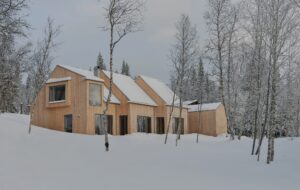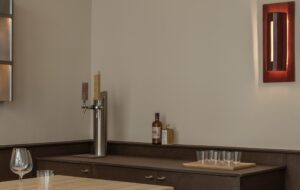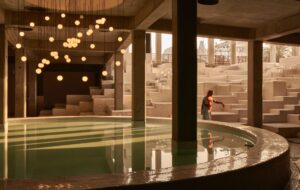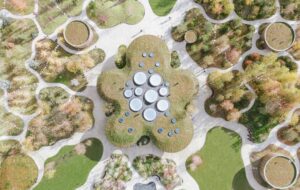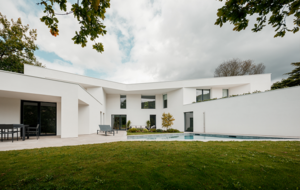Following in the footsteps of his parents, Greig Robinson founded Slow to offer a responsibly crafted, quality, timeless sofa. In an exclusive interview with ICON he discusses his creative endeavours.
 The Laraber Sofa by Slow – handcrafted using natural fillings and fibres. Photography: Slow
The Laraber Sofa by Slow – handcrafted using natural fillings and fibres. Photography: Slow
Words by Roddy Clarke
‘I didn’t necessarily envision myself following in my parent’s footsteps, but I always knew I wanted to run my own business someday,’ says Greig Robinson, the founder of Slow when discussing his inspiration in starting the brand. ‘I’ve always had a strong desire to express myself creatively through problem-solving and building a business offers this in abundance!’
After 15 years in digital product design, Greig found himself craving tangibility and the opportunity to bring a physical product to life. Simultaneously feeling a pull back to the rural way of life, he decided to leave London in 2020, heading back to the Yorkshire Dales where he grew up. ‘My parents were nearing retirement, and I saw a huge opportunity to build on the wealth of work and knowledge my parents had accumulated over the years,’ he states while giving us an insight into the creative ventures of his parents. His father, a local farmer turned cabinet maker had set up Dalesbred over 30 years prior with Greig’s mother, a district nurse turned upholsterer where they handcrafted bespoke furniture from the company’s workshop in Settle. ‘Growing up, I didn’t fully understand or appreciate the incredible local business my parents had built. They created something from nothing and sustained it through dedication and hard work—a feat I’ve come to admire deeply.’
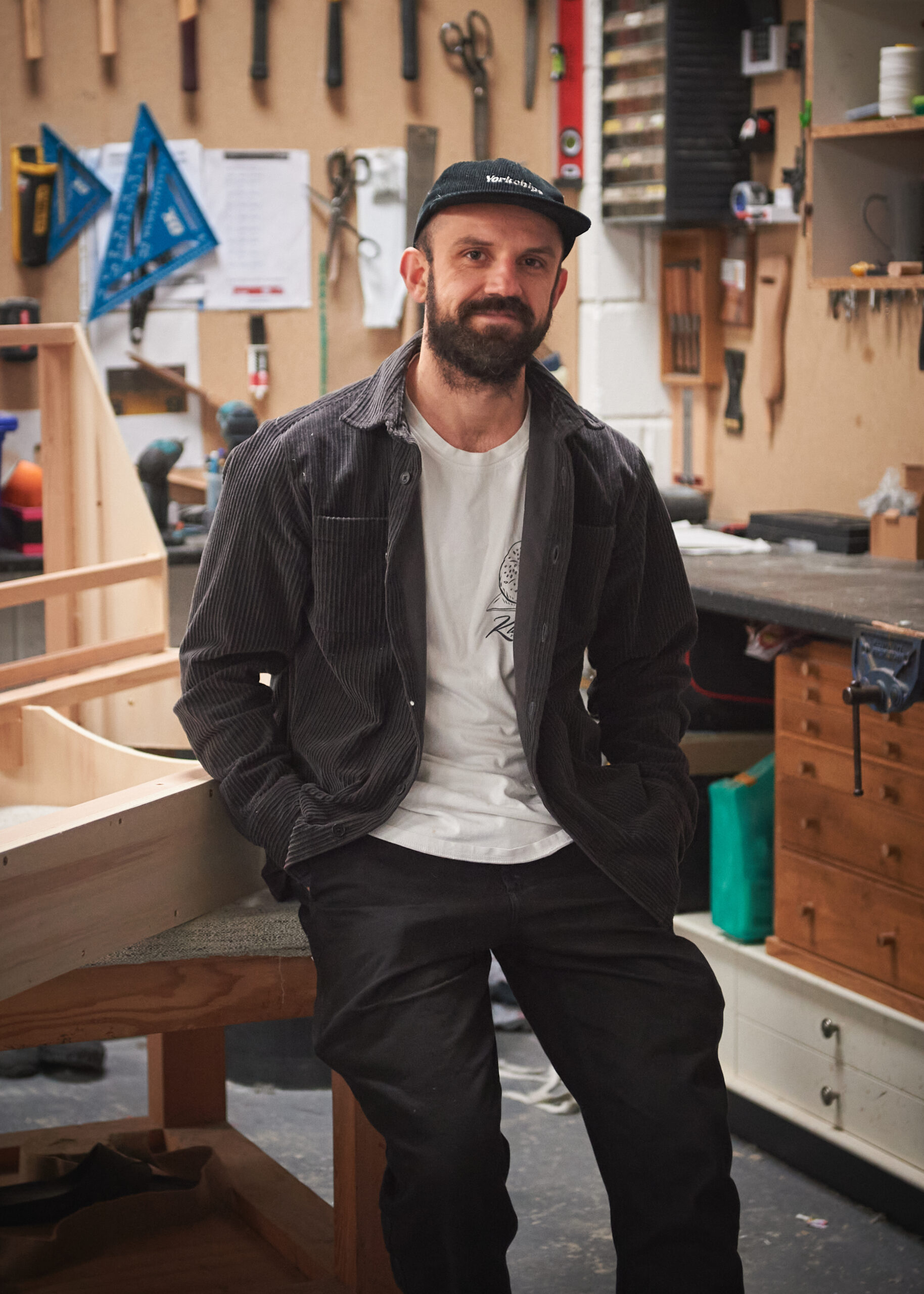 Greig Robinson, the founder of Slow, has created the company following in the footsteps of his parents – the creative force behind Dalesbred. Photography: Slow
Greig Robinson, the founder of Slow, has created the company following in the footsteps of his parents – the creative force behind Dalesbred. Photography: Slow
At the same time, Greig reveals how he has purchased a new sofa for his flat from a well-known high street brand. ‘Within six months, the seat had collapsed,’ he says. ‘It was replaced with a new version which also only lasted three months before the seams on the cushion split. I couldn’t believe the lack of quality and, if it was happening to me, it must have been affecting thousands of customers across the country.’ After subsequently pitching the idea of relaunching his parent’s company over a family dinner, Greig got to work in researching materials, manufacturing and the complexities of fire retardancy. ‘It was eye-opening and made me even more determined to find better, more sustainable alternatives.’
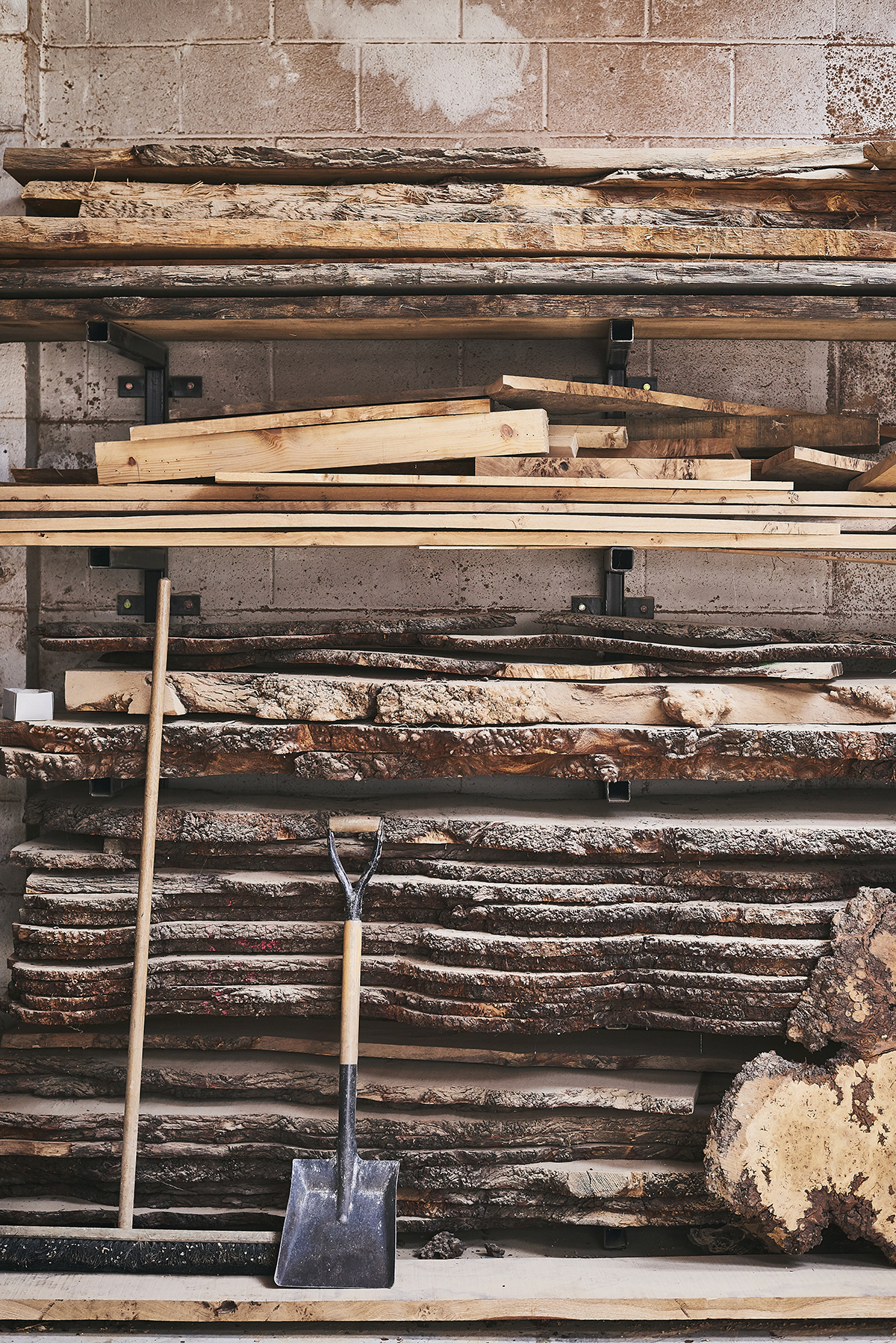 Slow utilises natural materials and is centred on circular, sustainable values. Photography: Slow
Slow utilises natural materials and is centred on circular, sustainable values. Photography: Slow
Going on to launch Slow in 2022, Greig’s hard work in capturing his parent’s creativity and merging it with a future-focused vision came to fruition. Centred on a desire for change, Greig’s mission is clear: to address the problem of waste within the soft furnishings sector. ‘Our addiction to constant consumption and chasing fleeting trends is devastating for the environment,’ he comments. ‘Warehouses are stacked high with returned sofas, many of which are incinerated because of the chemicals used in their production. It’s a tragic amount of waste on so many levels – materials, energy and opportunity. This destructive cycle must stop.’ In prioritising durability and sustainability, Slow currently offers seven sofa designs – handmade in the company’s Yorkshire workshop and each with a timeless, classic aesthetic that is an antidote to the fast-fleeting trends plaguing the high street.
With bespoke options and customisation available for clients, Slow’s tailored approach pays homage to the team’s passion for the craft itself. ‘Growth for us isn’t about scaling beyond recognition; it’s about doing more of what we’re passionate about while keeping the quality, craftsmanship and care that set us apart,’ Greig explains. ‘In five years, I see Slow as a recognised British furniture manufacturer that has stayed true to its values while scaling thoughtfully.’ The brand is also turning to natural materials to create its sofas. Organic cottons and wool form the foundation of the designs while foam fillings have been replaced with natural latex. ‘Over the past couple of years, we’ve invested a significant amount of research and development into sourcing the best materials, ensuring their environmental credentials, and using them in innovative and sustainable ways,’ he states while also saying how wool works as a naturally fire-retardant lining.
 Designs such as the Haberside Sofa by Slow bridge the gap between classic and contemporary styles resulting in a timeless and elevated aesthetic that will remain relevant for generations to come. Photography: Slow
Designs such as the Haberside Sofa by Slow bridge the gap between classic and contemporary styles resulting in a timeless and elevated aesthetic that will remain relevant for generations to come. Photography: Slow
As the company grows, Greig also envisions the circularity of its business model to scale. ‘Imagine buying a Slow sofa that evolves with you,’ he says, ‘where we strip, recycle, and breathe new life into old materials and frames, ensuring they last for decades, not years. A sofa that we’ll reupholster time and again, creating a true heirloom for our customers.’ Witnessing the authenticity and genuine passion for change is heartwarming to hear, especially in a sector fraught with issues and we hope the brand’s vision also sparks further conversations and ripples of change across the industry. With innovation being key to change, and the conduit to more affordable and sustainable solutions, Greig feels positive that a balance is achievable. ‘It is about using the best sustainable materials, finding efficiencies and avoiding greed,’ he says. ‘At the same time, we need to modernise traditional craftsmanship. While I love the artistry of traditional upholstery, it is time-intensive and costly so we will need to adopt innovative tools and technologies to help speed up production without any compromise on quality.’
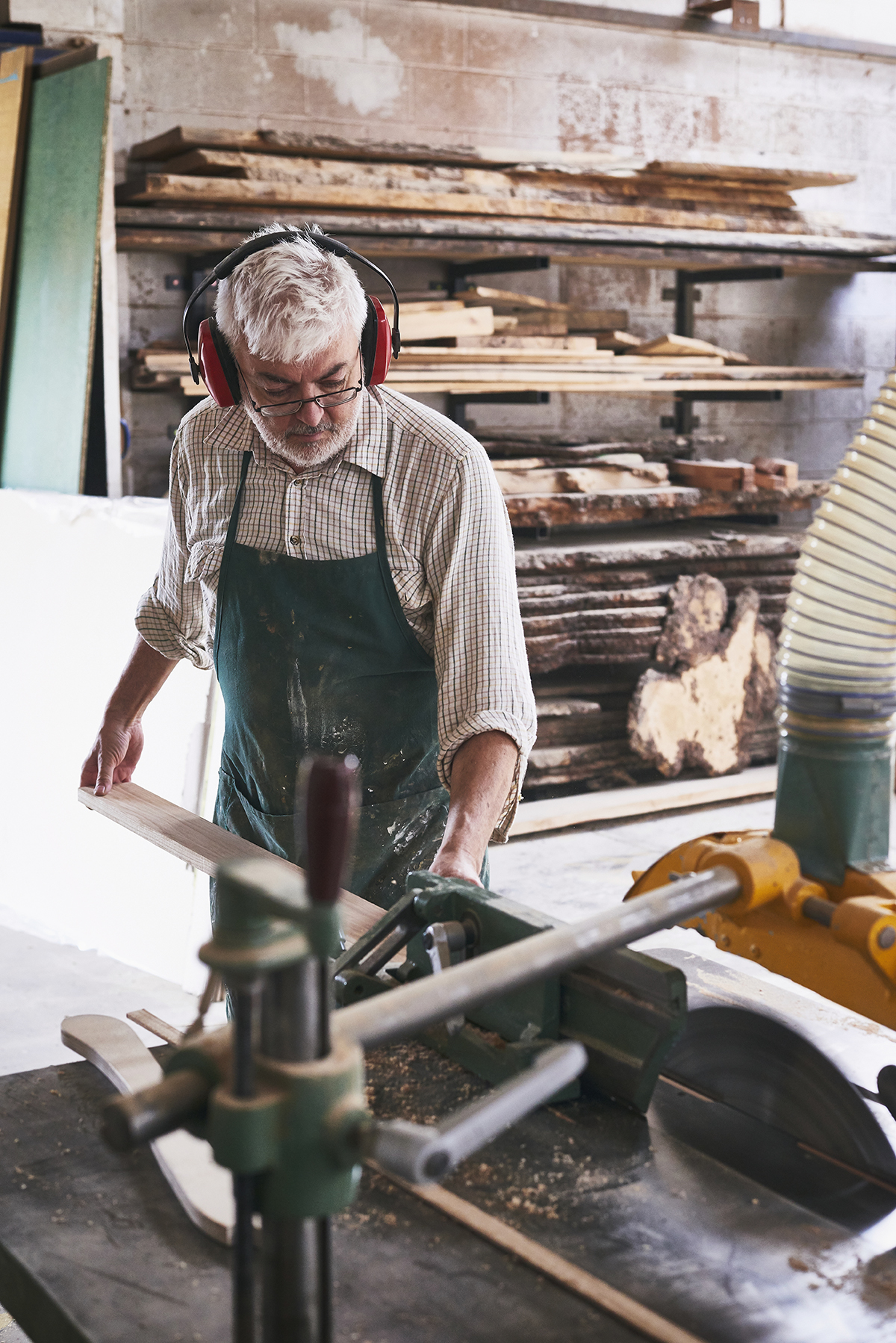 Each sofa is made by hand in the company’s Yorkshire workshop with reupholstery and repair services also offered to clients. Photography: Slow
Each sofa is made by hand in the company’s Yorkshire workshop with reupholstery and repair services also offered to clients. Photography: Slow
Looking ahead, he reveals how he hopes the business can be a model in being commercially successful while staying true to its conscious values. “It’s about showing that profitability and responsibility go hand-in-hand and proving that better for the planet can also mean better for the customer,’ he concludes. ‘We want to grow, but only at a pace that ensures we maintain the quality and integrity of our work. We’re deeply intentional about this because I believe business can—and should—be profitable without being greedy. Transparency is key. Sharing our processes and decisions, even the difficult ones, is part of how we stay accountable to our customers and ourselves.’
Get a curated collection of design and architecture news in your inbox by signing up to our ICON Weekly newsletter

